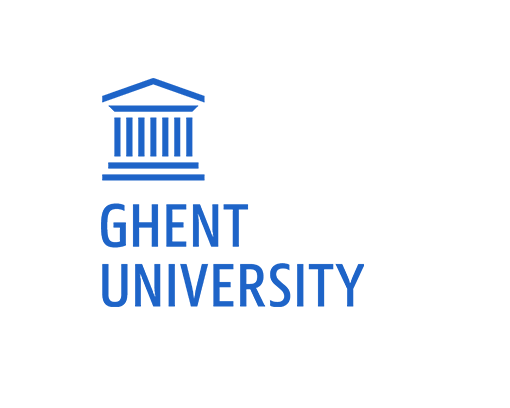Political-institutional barriers to energy access and efficiency in Tanzania: a case study of Mvomero District
- Felichesmi S. Lyakurwa
- Eliaza Mkuna
Abstract
Recently, energy access and efficiency have attracted much research interest due to their critical role in addressing the challenges of climate change and the country’s social and economic development. The major question in this study is whether household energy demand can be influenced by government institutions and political systems which switch their preferences towards clean energy sources including renewable energy. The analysis revealed that government agencies are not well-coordinated when dealing with energy access and efficiency issues e.g., ward and village leaders are not always in agreement and lack common understanding of issues arising out of in- creasing energy supply and use of energy efficient appliances. In addition, households witnessed that despite their low level of income, they would have done better in terms of accessing quality and affordable energy had they been educated or informed about the need to shift from using wood to electricity for different social and economic activities. The study recommends that universities offer training, research and consultancy in the energy field to help raise awareness among communities of costs and benefits of using clean energy sources. The results therefore, provide useful and current information to policy making and energy planning institutions on the barriers to energy access and efficiency in order to help formulate remedial action.
Key words: political-institutional barriers, government leaders, energy access and efficiency
How to Cite:
Lyakurwa, F. & Mkuna, E., (2018) “Political-institutional barriers to energy access and efficiency in Tanzania: a case study of Mvomero District”, Afrika Focus 31(1). doi: https://doi.org/10.21825/af.v31i1.9045
Downloads:
Download PDF
View
PDF
